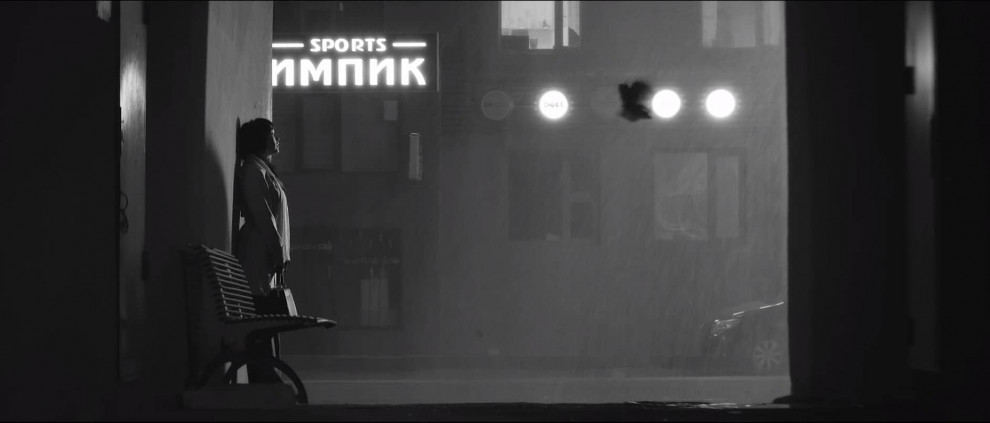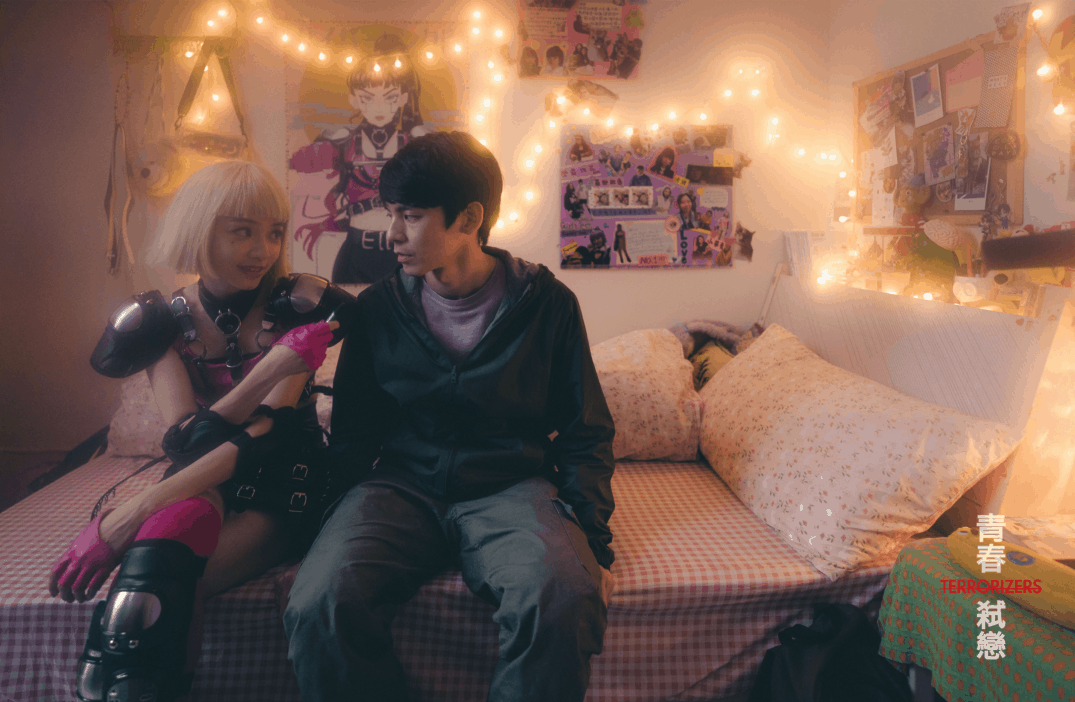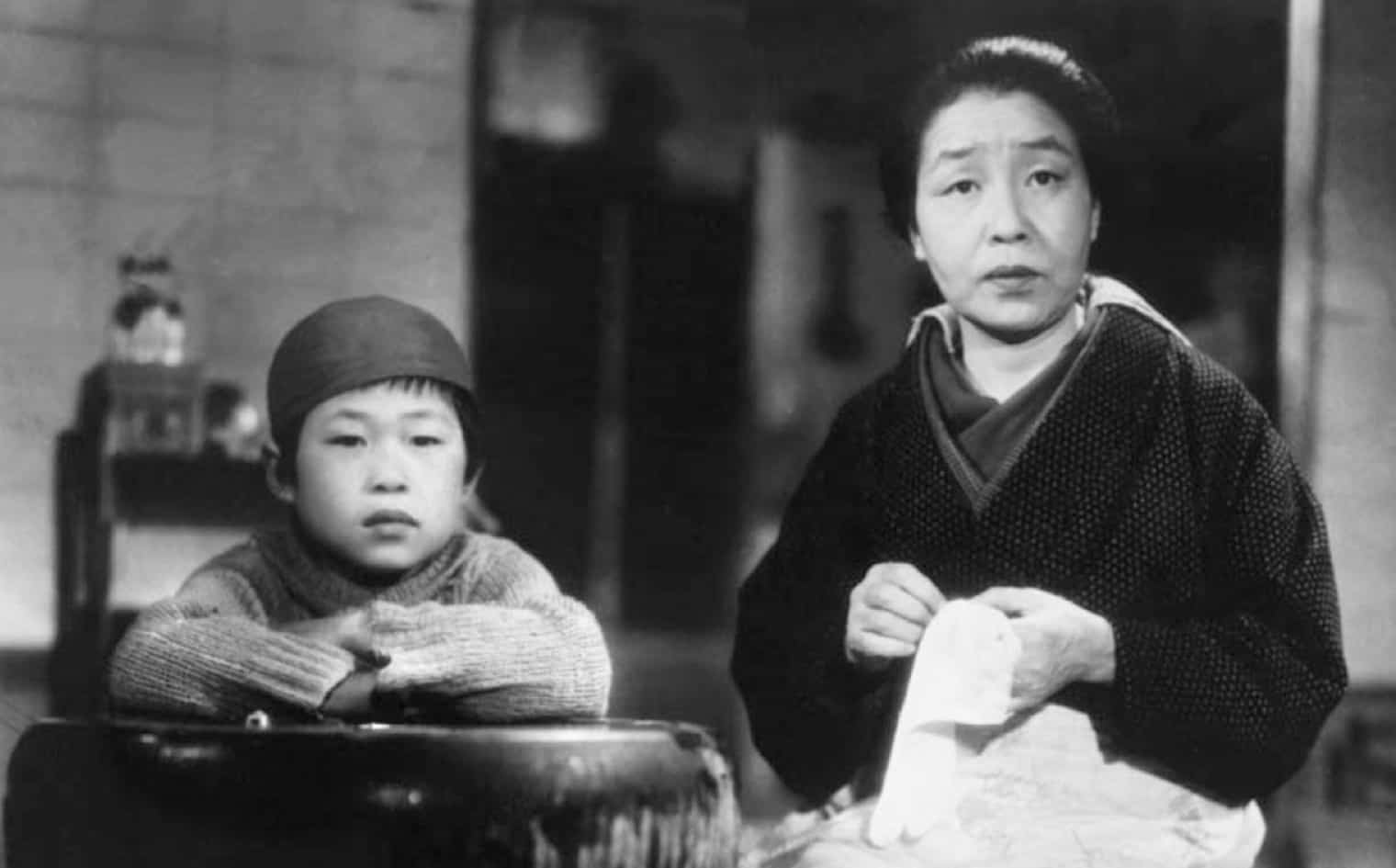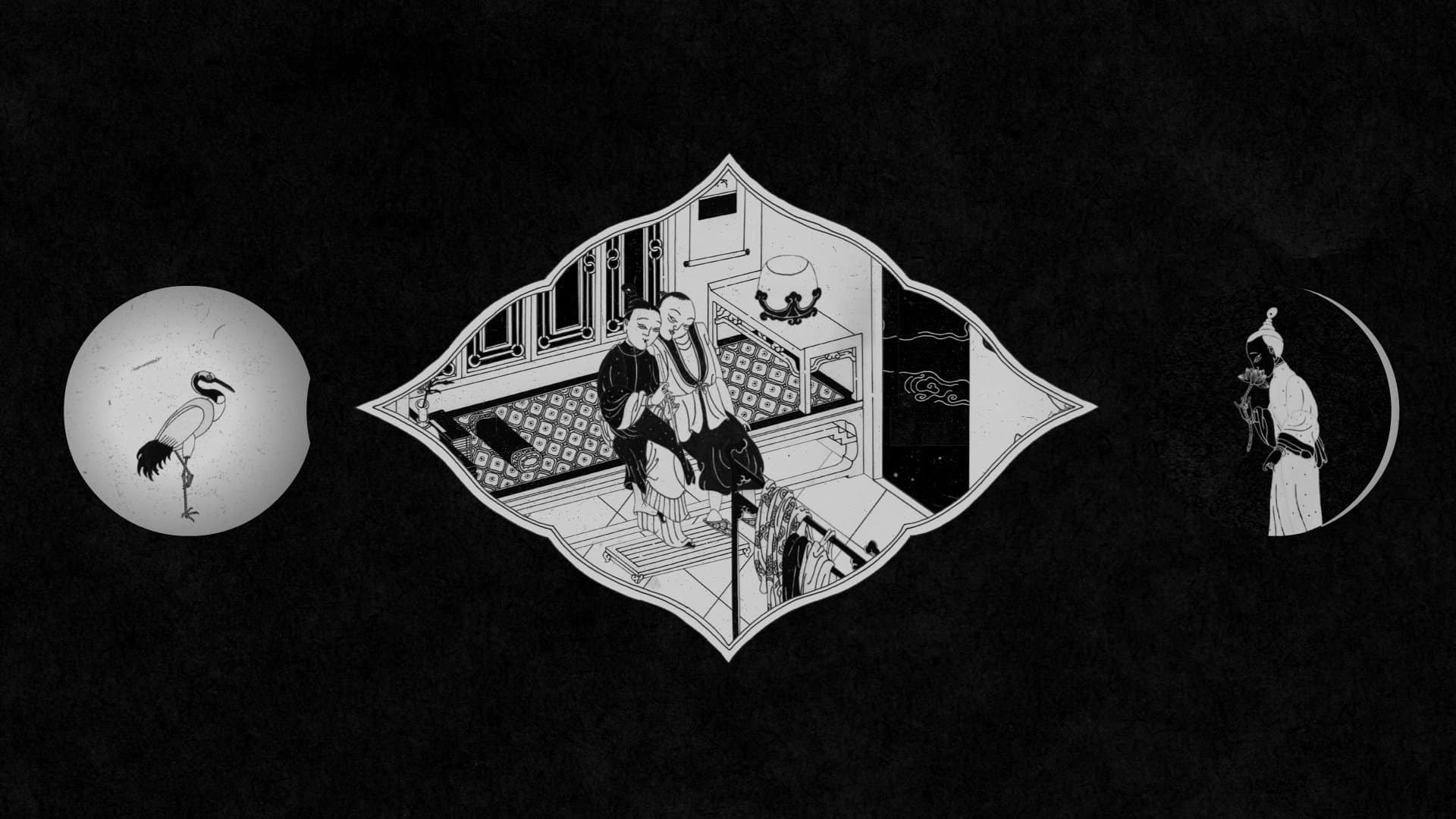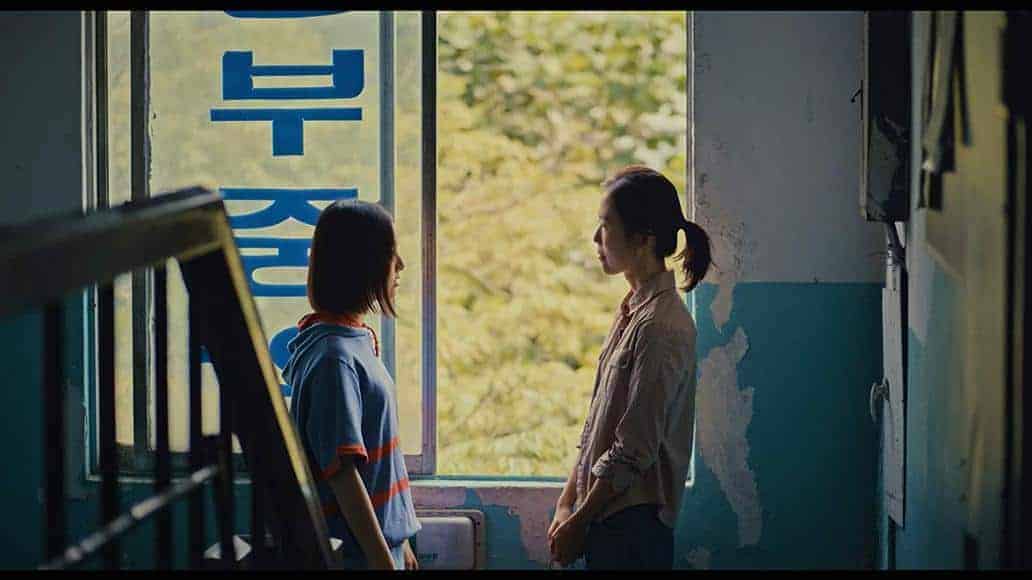As we have mentioned before, it is with great joy that we witness Mongolian cinema straying away from the exotification of the country, which usually revolves around stories taking place in green fields, and instead dealing with contemporary themes, with films like “Remember Me” and “I, the Sunshine” being testaments to the fact. “Gergi” follows on the same footsteps, by focusing on an issue that has been tormenting the country the latest years: cancer and the additional problems caused by late diagnosis, with the stats mentioning 6,000 cases every year for the last 5, and 20,000 dying due to lateness.
The story focuses on a married couple, Enkhee, the husband and Gerelee, the wife, with the former suffering from stomach cancer. The film deals with both their current situation and their past through flashbacks, in a narrative that provides both an intense love story and a realistic drama. Regarding the second aspect, Sengedorj pulls no punches, as cancer and its health and psychological consequences are presented in utter detail, including the medical aspect of the illness. Additionally, the inclusion of the patient's feelings and thoughts, as we watch him trying to take care of everything before he dies and we listen to his thoughts during the illness through narration, are not elements that are frequently found in similar movies, which tend to focus on the relatives instead.
This approach is quite brave, but at the same time, quite difficult to watch. To lighten this aspect, Sengedorj implements both the flashbacks of past happiness and the dreams the two protagonists have, which provide a much-needed relief from all the drama and the ugliness associated with cancer. Furthermore, these scenes, along with the ones at the beach, are the most visually impressive in the film, with DP Nergui Erdenekhuyag using a number of techniques (slow-motion, black-and-white) to present a plethora of memorable sequences. Lastly, the scenes also work on a contextual level, on par with the overall realistic premises of the movie, since dreams and memories are the only way out of misery people who experience cancer have.
Gergi (Гэргий) is an alternative word for wife in Mongolian that means “someone that brightens your home” (apparently there are a number of different words for wife in Mongolian), and this is another main focus of the narrative. Gerelee is presented as the quintessence of that term, as we watch her always staying by her husband's side, desperately trying to overcome every issue that comes their way in order to help him, with their financial struggle being one of the main sources of drama in the movie. Her dedication to her husband and her overall attitude overcomes the concept of duty, which, in essence, points towards true love.
Nergui Bayarmaa gives a convincing performance in the part, with her exhibiting a number of different psychological statuses and sentiments, including happiness, resolve, despair, and sadness, with equal artistry. Her feminine, almost girlish beauty makes for a great contrast with Tserenbold Tsegmid's Enkhee, who appears utterly manly, filled with muscles and girth, with Sengedorj playing with this antithetical visualization, since, in this case, the strong is the one who is suffering and vice versa. Tsegmid is also quite good in presenting his downward spiral, while his imposing voice also works quite well in the narration sequences of the movie. Furthermore, the chemistry of the two is quite evident.
A few issues with the narrative do exist, particularly through the extensive use of music, which occasionally points towards forced sentimentalism, with the same applying to a number of sequences where melodrama takes completely over, and could have been avoided. However, these are but a few, and by no means do they fault the overall good impression the movie leaves.
“Gergi” has some issues, but is sincere, realistic and beautiful, and another film that shows the way Mongolian cinema need to follow.


